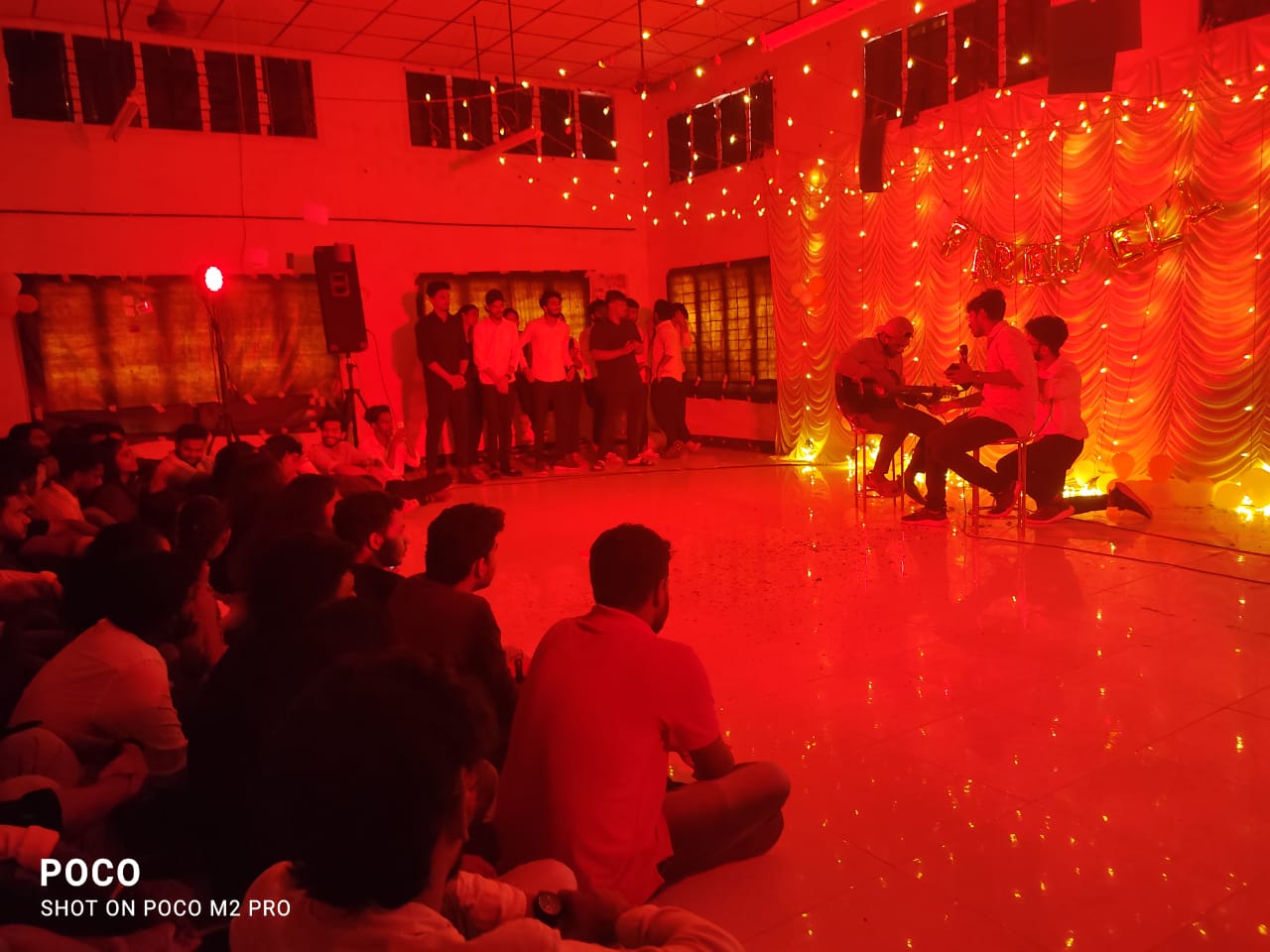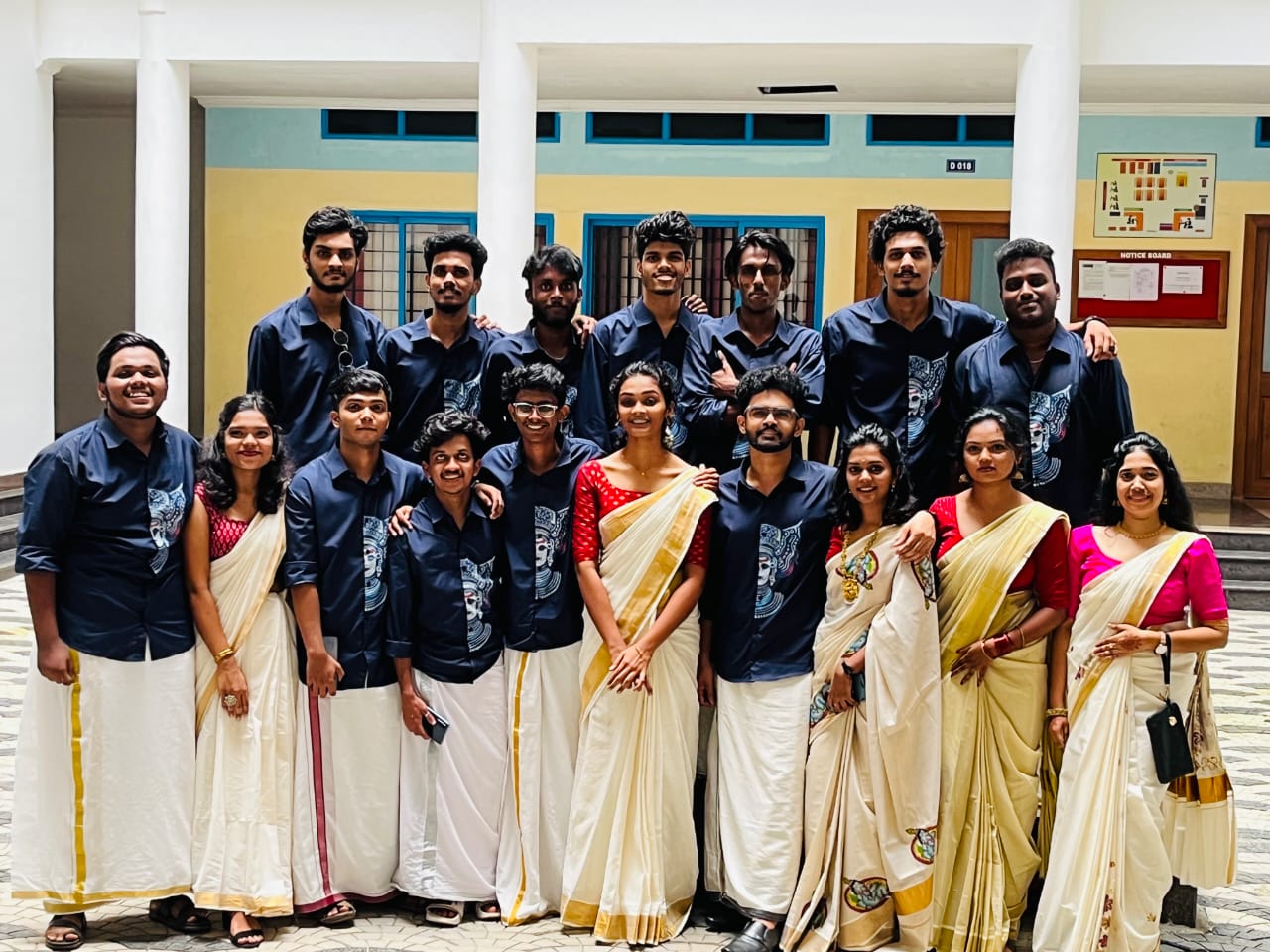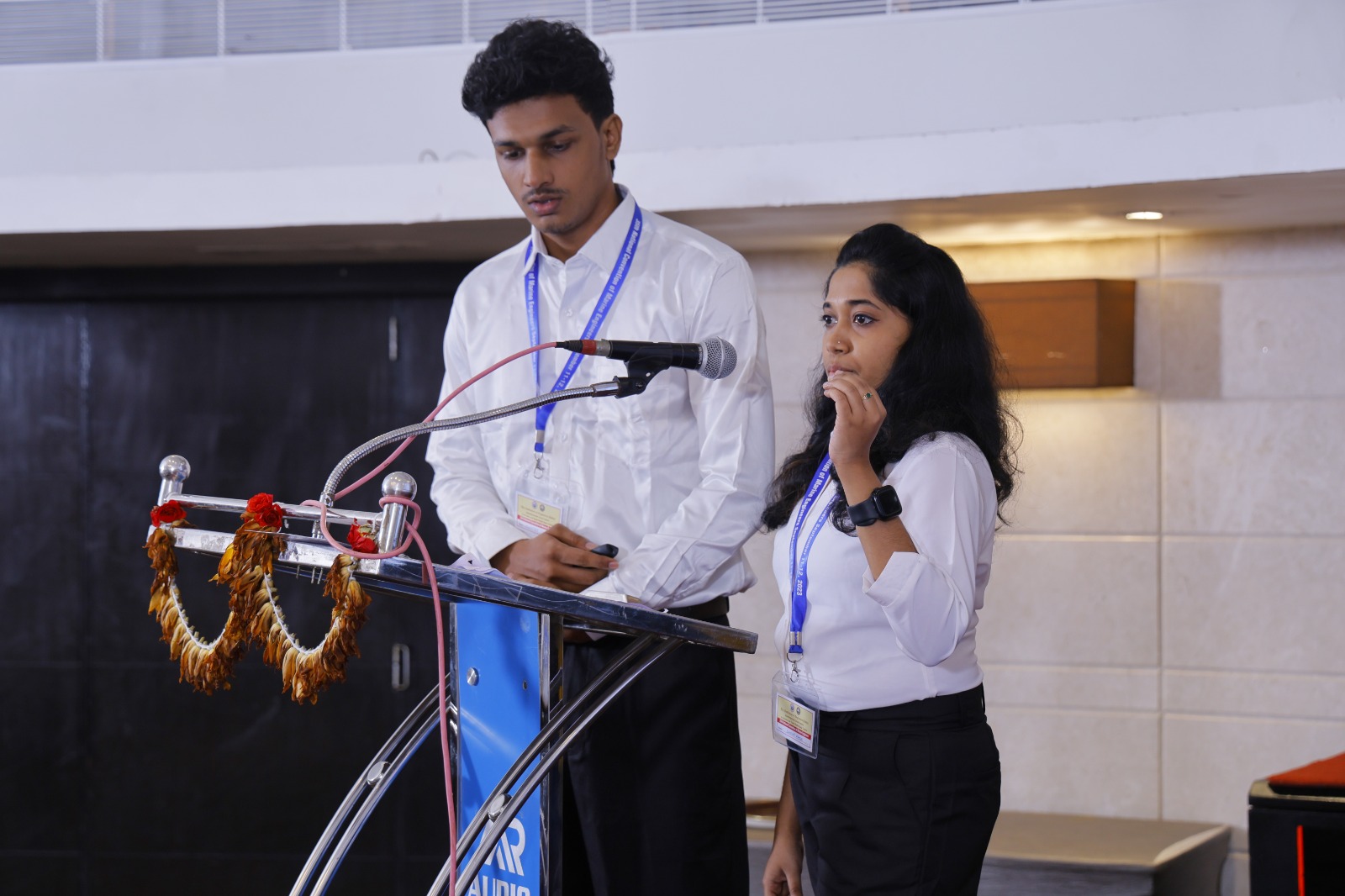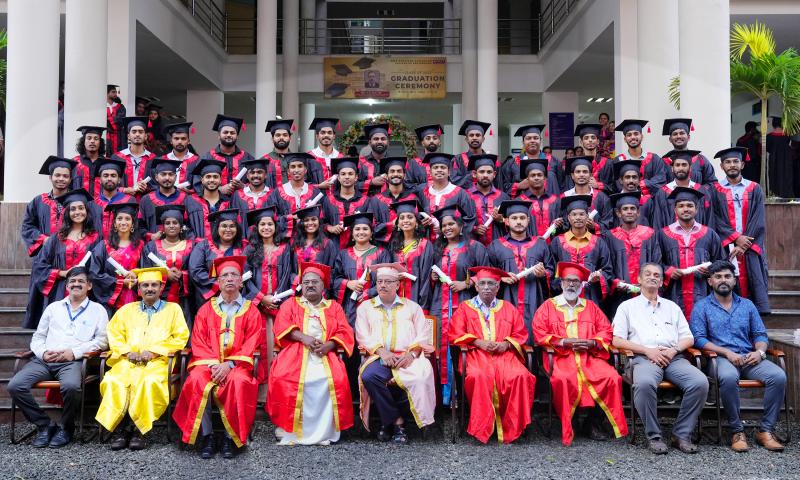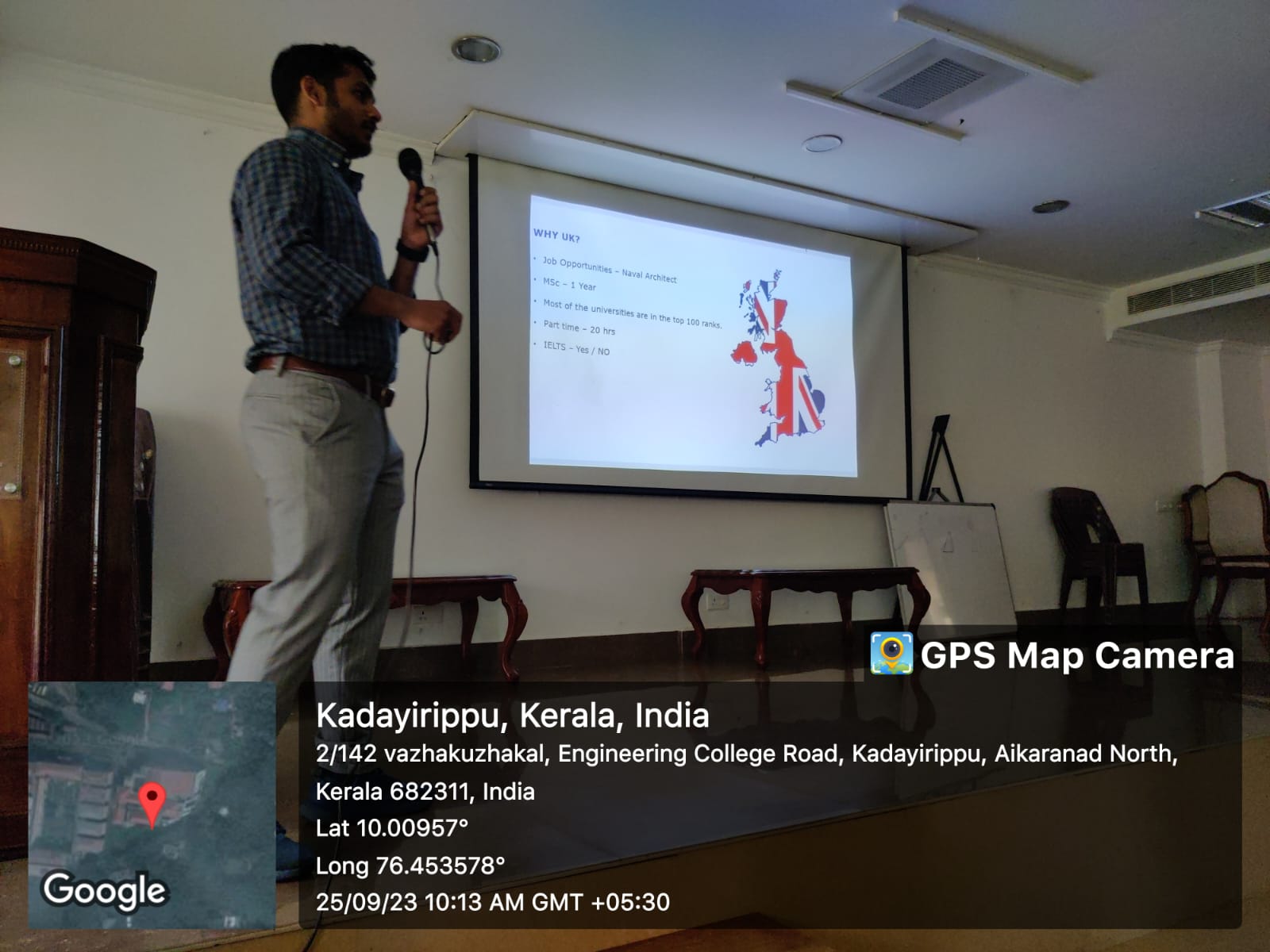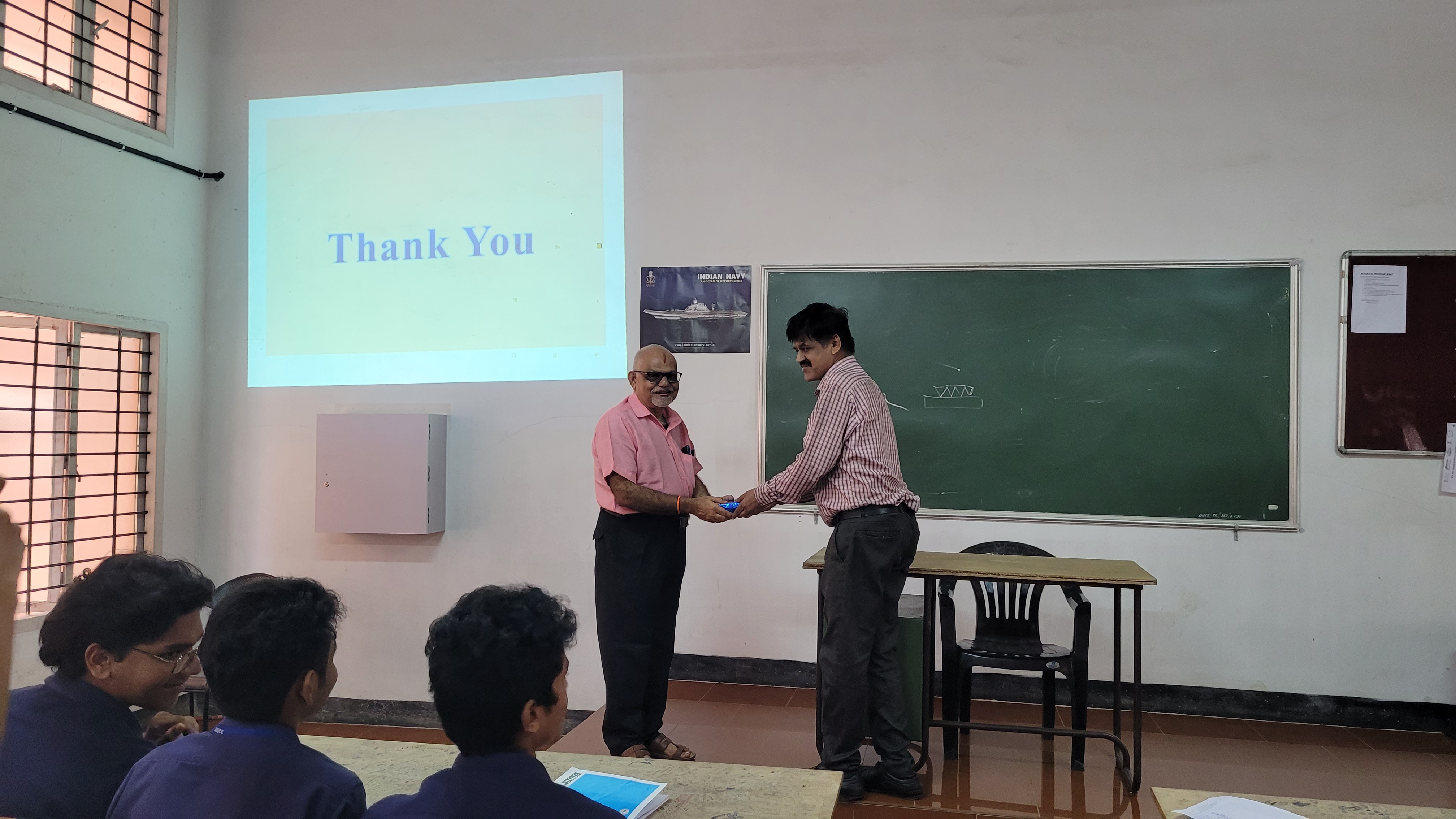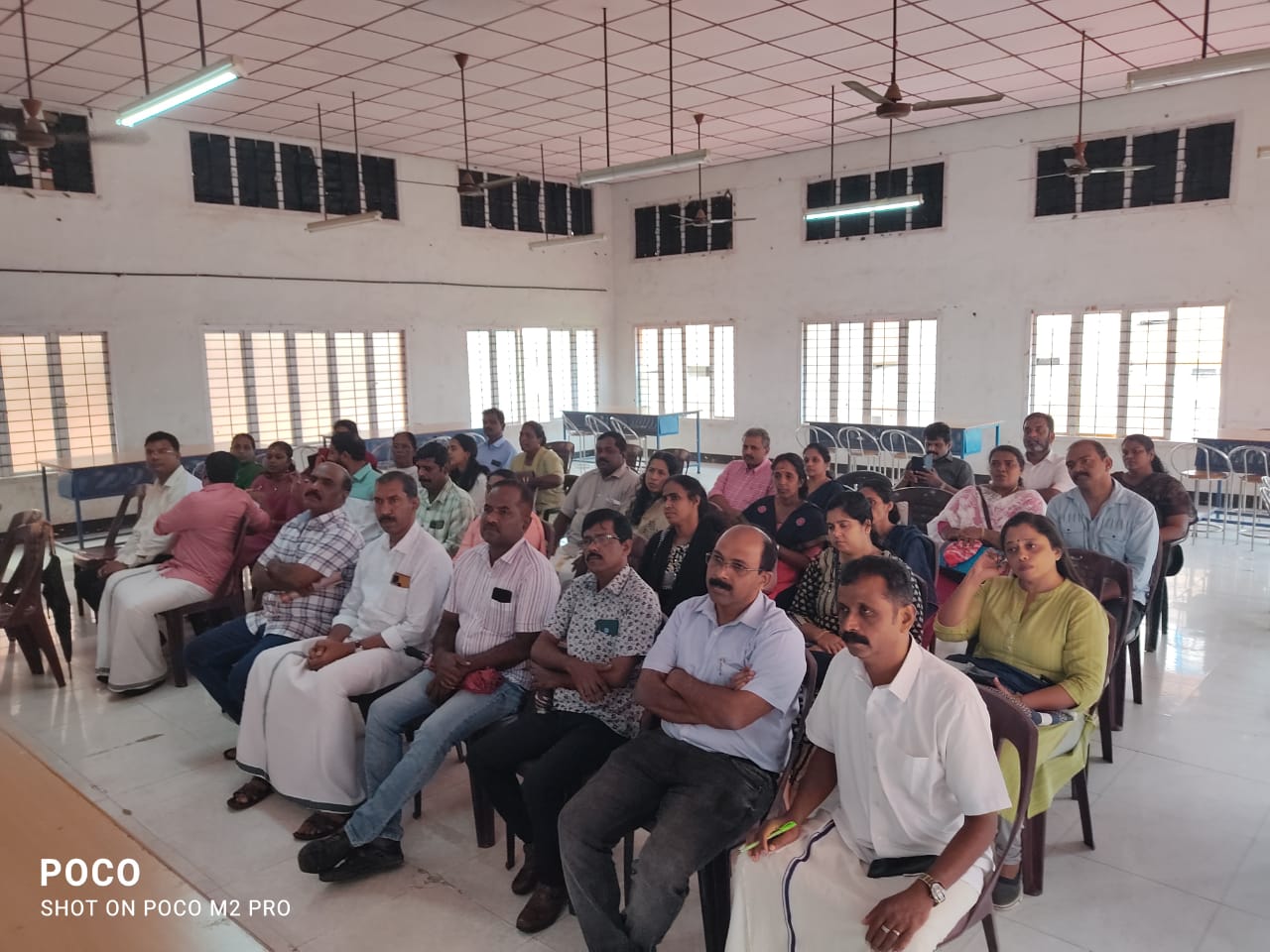PROGRAMME EDUCATIONAL OUTCOMES - PEOs
PEO1: Able to apply concepts of mathematics, science and computing to Naval architecture &shipbuilding engineering and offshore design & development field, in their successful careers in organizations, in higher studies and in research.
PEO2: Able to design and develop interdisciplinary and innovative systems.
PEO3: Able to inculcate effective communication skills, team work, ethics, leadership in preparation for a successful career in industry and R & D organizations.
PROGRAMME OBJECTIVES- POs
PO1: Engineering Knowledge: Apply the knowledge of mathematics, science, engineering fundamentals and an engineering specialization to the solution of complex engineering
PO2: Problem analysis: Identify, formulate, review research literature and analyse complex engineering problems reaching substantiated conclusions using first principles of mathematics, natural sciences and engineering sciences
PO3: Design/developement of solutions: Design solutions for complex engineering problems and design system components or processes that meet the specified needs with appropriate consideration for the public health and safety and the cultural, societal and environmental considerations
PO4: Conduct investigations of complex problems: Use research-based knowledge and research methods including design of experiments, analysis and interpretation of data and synthesis of the information to provide valid conclusions.
PO5: Modern tool usage: Create, select and apply appropriate techniques, resources and modern engineering and IT tools including prediction and modelling to complex engineering activities with an understanding of the limitations.
PO6: The engineer and society: Apply reasoning informed by the contextual knowledge to assess societal, health, safety, legal and cultural issues and the consequent responsibilities relevant to the professional engineering practice.
PO7: Environment and sustainability: Understand the impact of the professional engineering solutions in societal and environmental contexts, and demonstrate the knowledge of, and need for sustainable development.
PO8: Ethics: Apply ethical principles and commit to professional ethics and responsibilities and norms of the engineering practice
PO9: Individual and team work: Function effectively as an individual, and as a member or leader in diverse teams, and in multidisciplinary settings.
PO10: Communication: Communicate effectively on complex engineering activities with the engineering community and with society at large, such as, being able to comprehend and write effective reports and design documentation, make effective presentations, and give and receive clear instructions.
PO11: Project management and finance: Demonstrate knowledge and understanding of the engineering and management principles and apply these to one's own work, as a member and leader in a team, to manage projects and in multidisciplinary environments.
PO12: Life-long learning: Recognize the need for, and have the preparation and ability to engage in independent and life-long learning in the broadest context of technological change.
PROGRAMME SPECIFIC OUTCOMES – PSOs
PSO1: Be Able to apply fundamental knowledge in the design and analysis of marine assets including vessels and offshore structures
PSO2: Be Able to be part of and contribute to deep water exploration of new locations far yet-to-find resources
PSO3: The technical knowledge acquired will spur them to imbibe cutting-edge technology of the new world economy in the digital age
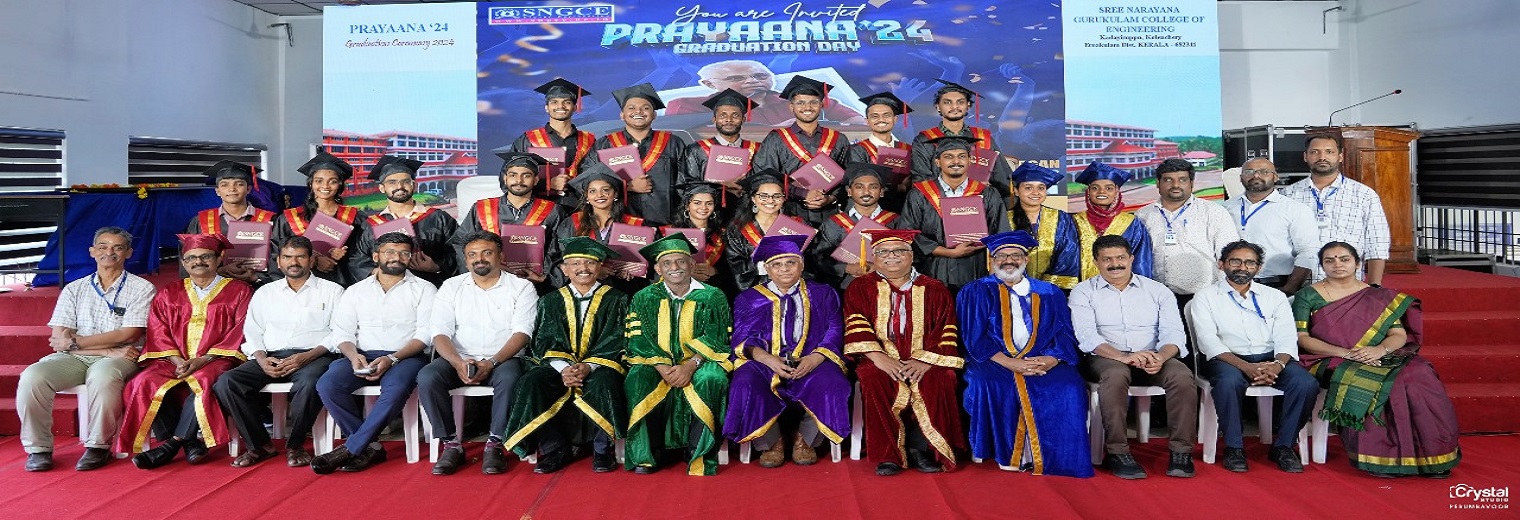
.jpg)

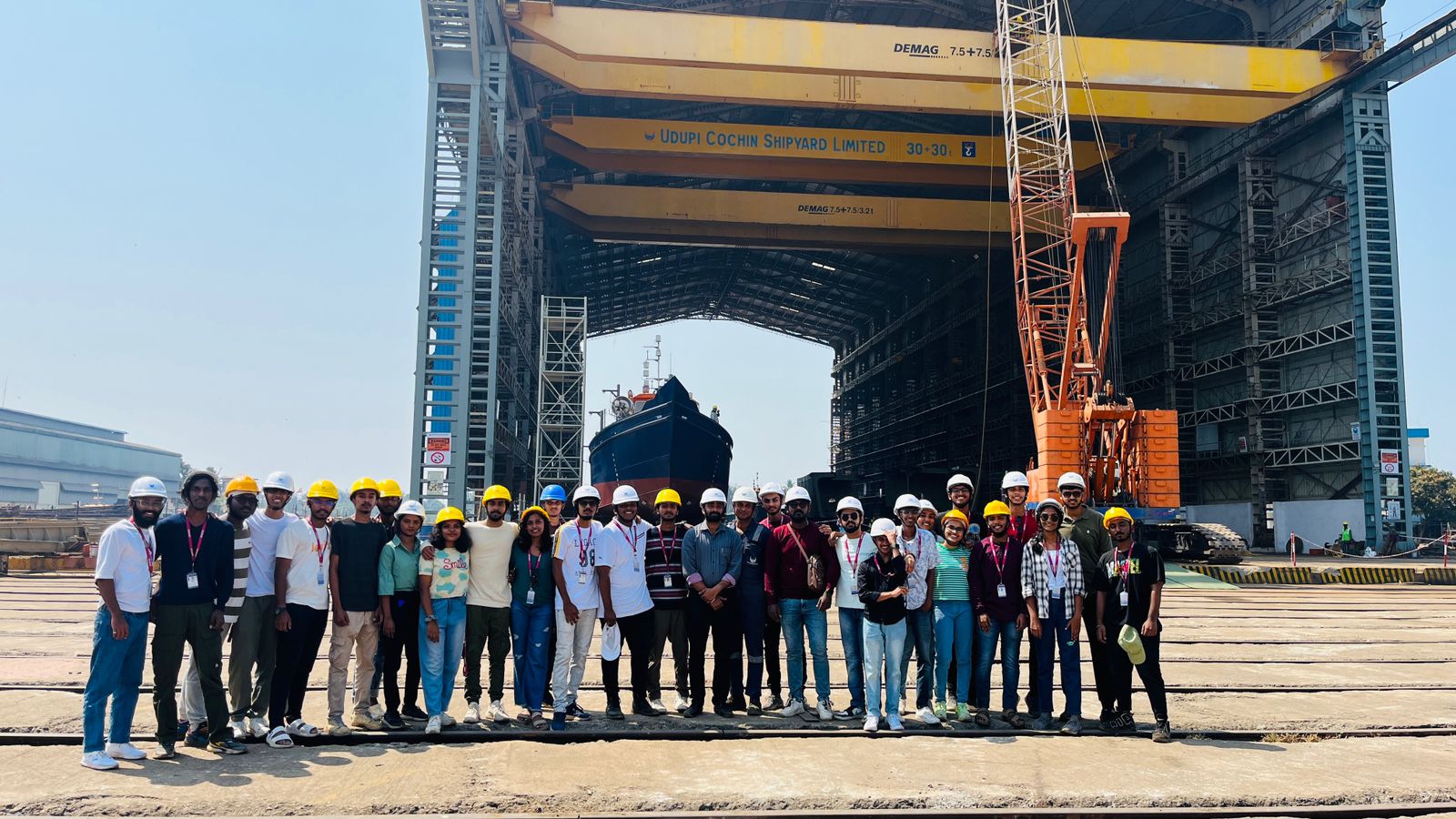
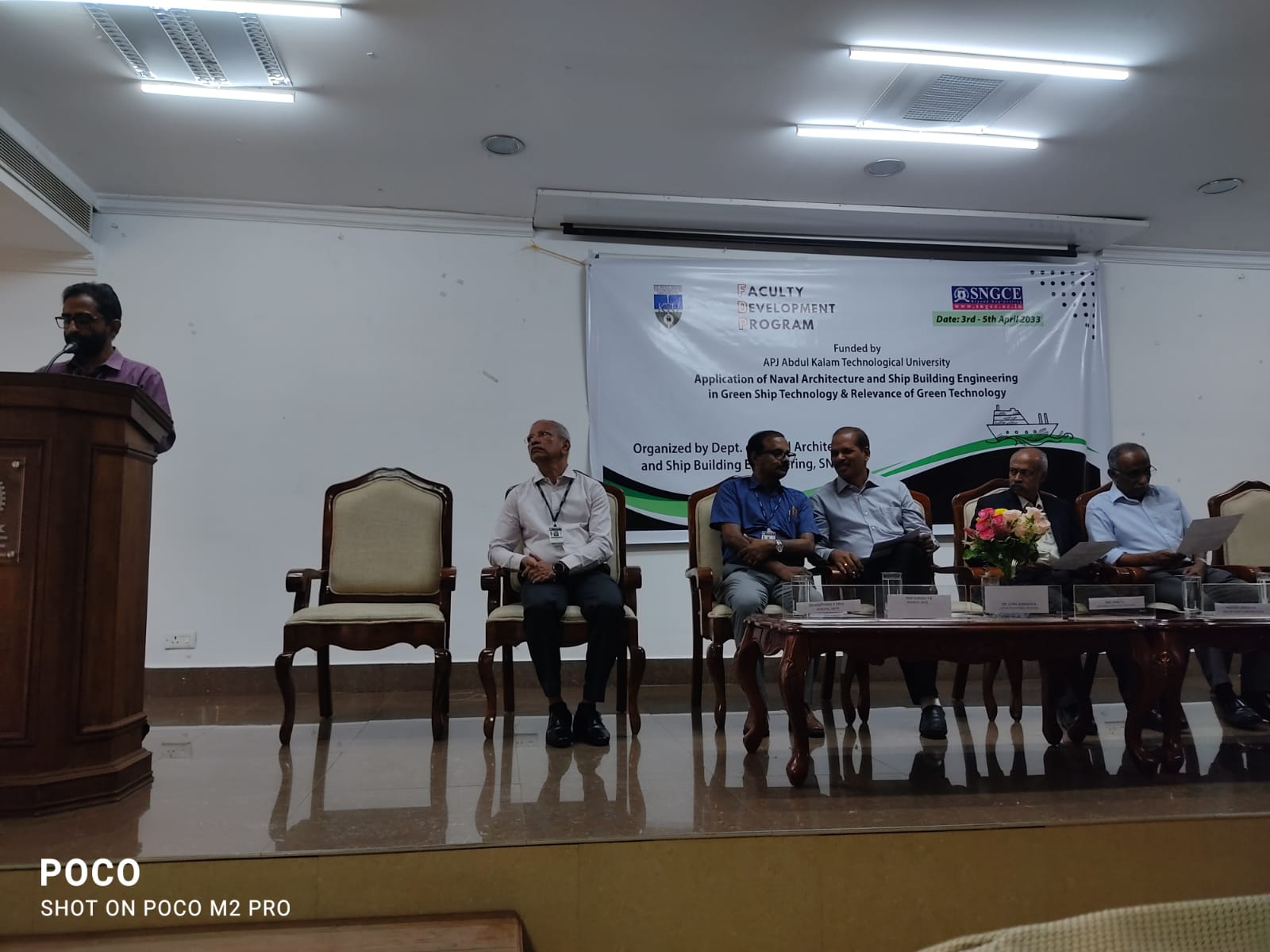
.jpg)
